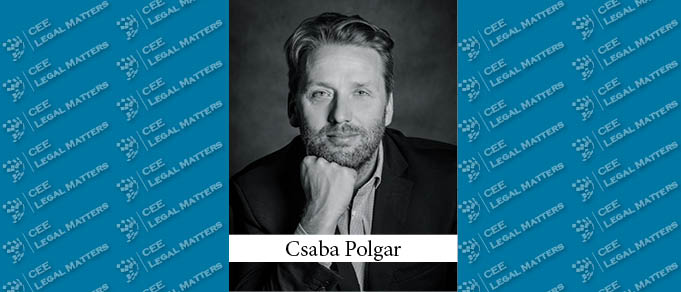Sounds frightening, huh? When I first encountered this expression a couple of years ago, I thought it was one of those buzzwords that had been created by accountants or other financial wizards to tackle invasively curious tax administration people. “Bottomline” also sounded familiar: that is the very last figure in your financial statements; the one that interests you the most.
Triple bottomline (TBL or 3BL for those of you who like abbreviations), however, does not mean that your earnings skyrocketed in the previous year. To the contrary: this is about evaluating your firms’ performance from a broader perspective, taking into account the social and environmental (or ecological) points of view, in addition to the good old financial aspects. We, business lawyers, are often labeled by society as greedy, self-oriented people, who only care about our success at advising clients to the best of our knowledge. This indeed is often accurate, particularly in Hungary, where pro bono attitudes and actions are not yet very common. There are promising initiatives, however, largely driven by the pro bono departments of global law firms, and a fair number of lawyers are already engaged in such activities.
However, TBL requires more. It is about building our professional activities, conducting our professional lives, and living our days as lawyers driven by more than financial interests. It is about creating a paperless office, instead of printing out every redline version of a dull hundred-page agreement. It is about serving tap water in glass bottles instead of hundreds of PET-bottles at a neverending deal closing. It is about not undertaking an assignment involving clients or products we are not comfortable identifying ourselves with, for ethical or other reasons.
It is about taking into account the impact of our actions and acting as if people and places mattered.
Now, I understand that adopting this attitude has both easy and difficult aspects. It is relatively easy to switch to selective garbage collection. On the other hand, it may prove very difficult to say no to a client asking you to represent him or her in an investment which you believe is unsustainable or harmful to the environment. It may also be challenging to turn away mandates from governments or state-owned companies in captive states or hybrid regimes where the legal markets are largely driven by chunky state assignments and collaboration is a critical skill in the fight to compete.
At my firm, this change in attitude came naturally. I have been dealing with energy matters for the past 20 years and our focus has always been on changing together with the focus of markets and clients. 15-20 years ago everything was about oil, gas, coal, and maybe some biomass. Nowadays, everything is about renewables, which fits quite easily into the TBL universe. This shift towards renewables in my area of law helped me to recognize the importance of sustainability and social responsibility in other areas of life as well. It has slowly infected (trying to use this verb carefully though) our behavior at the office and it has now become one of the core organizing principles of our daily lives, without endangering growth and economic balance.
I also know how easily the omnipotent, magical word “growth” can blind us to the real values in our profession. In fact, however, a new breed of companies is evolving around the globe to create a whole new ethos in business, building on the values detailed above. We, lawyers in Hungary and CEE, have led revolutions in previous centuries, using our social engineering skills, our minds, and our courage. It is now time to join the green new deal around the globe and build our business further based on triple bottomlines. We might all just get richer with this at the end of the day.
By Csaba Polgar, Partner, Pontes Budapest
This Article was originally published in Issue 7.3 of the CEE Legal Matters Magazine. If you would like to receive a hard copy of the magazine, you can subscribe here.
